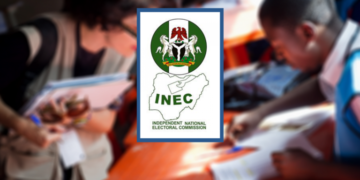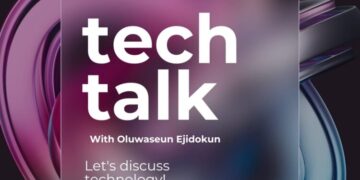As part of efforts to tackle perennial issues of tax evasion and revenue leakages that have long plagued Nigeria’s tax administration, the Federal Inland Revenue Service (FIRS) has concluded a 2-day stakeholder engagement on its National E-Invoicing Project.
The event, held in Lagos, brought together industry leaders and stakeholders from the manufacturing sector to discuss the initiative and provide input on its implementation.
The latest engagement marked the fifth sector-specific engagement session, following previous sessions with tax consultants, large taxpayers, financial services, and the oil and gas sector.
FIRS has been engaging various stakeholders to ensure that the e-invoicing project is tailored to meet the needs of different industries and sectors.
Project Manager for the e-invoicing initiative, Mr. Mohammed Bawa, emphasised the importance of the manufacturing sector to the economy and the FIRS’ commitment to valuing their input.
“We know that the manufacturing sector is the heartbeat of commerce, trade, and all commercial activities that happen within Nigeria,” he said. “Without you, where would we be? We would not cook, we would not eat, we would not do all of those things. But thank God for the value that you provide to the economy of our nation.”
He added, “We are excited to work with you to ensure that this project is a success and benefits both taxpayers and the government.”
The Director of Project Delivery, Mr. Kunle Olley, revealed that the e-invoicing initiative was designed to build trust between taxpayers and the FIRS, promote transparency, and automate taxation in the country.
“We want to build up trust between you and us, between our taxpayer and FIRS, and then we want to have transparency into whatever we are doing,” Olley added.
“We are not trying to penalise taxpayers, but to collaborate with them to make sure that we automate taxation in the country.”
He further said, “The e-invoicing project is a game-changer for Nigeria’s tax administration. It will help to reduce tax evasion and revenue leakages, and promote transparency and accountability in business transactions.”
The FIRS has developed a digitalised solution, called the Merchant Buyer Solution (MBS), which will capture invoices and manage tax compliance automatically.
Lead Consultant on the Invoicing Project, Mr. Sadiq Arogundade, made a presentation on the e-invoicing system and its use cases, highlighting the importance of invoices in business transactions.
“Invoices represent trust, commitment, and value,” he said.
“We are not just talking about taxes or taxation, but about technology and global competitiveness of your business,” he added, saying, “the MBS will enable businesses to create standard and payable invoices that can be used for both in-country and cross-border transactions, using the Universal Business Language (UBL) format.”
The MBS will enable businesses to create standard and payable invoices that can be used for both in-country and cross-border transactions, using the Universal Business Language (UBL) format.
This will help to fix challenges with payments, delayed payments, errors, and distress with compliance.
“We have built a product that will help to automate tax compliance and improve efficiency,” Arogundade added.
“The e-invoicing system will also provide real-time data on tax compliance, which will enable the FIRS to make informed decisions and improve tax administration.”
The stakeholder engagement provided a platform to ask questions and provide input on the implementation of the e-invoicing project.
The FIRS is expected to engage with other sectors, including SMEs and downstream industries, in the coming weeks.
The National E-Invoicing Project is a key initiative by the FIRS to improve tax administration and revenue collection in Nigeria.












































Discussion about this post